¹ Includes lunches and coffee breaks
² Includes coffee breaks
The 7th Symposium on Formal Methods in Architecture (7FMA) aims to contribute to the discussion in architecture and urbanism on the application of new formal methods to emerging social and technical issues. The focus will be on methodological advances based on recent developments in collaboration with mathematics and computer science, applied to architecture and urbanism at different levels of abstraction and formalization.
2024’s FMA will focus on the connection between formal methods and architectural practice. With the proliferation of digital technologies, which every day allow increasingly intelligent tasks to be delegated to automated tools and have immense potential to increase productivity, it is urgent to examine the gap that often exists between scientific endeavors and practical applications in everyday architectural work.
Each Symposium edition has showcased complex methods and exciting advancements in the various fields under the FMA umbrella: we have witnessed how artificial intelligence, generative grammar, and other forms of design automation can be implemented into the design process; we have also explored how spatial analysis methodologies can provide a systematic understanding of large-scale social processes and can be applied to comprehend the social outcomes of architectural interventions; we have observed GIS, photogrammetry, and other methods for collecting and organizing data become simultaneously more sophisticated and user-friendly every year and see how virtual and we have seen how virtual and augmented reality not only facilitate visualization but also enhance our understanding of designs and can be incorporated into interactive design environments; we have examined how this myriad of formal methods be used for the development of smart buildings and cities and to facilitate participatory processes. Simultaneously, and in parallel, we have witnessed the growing pressure put by the construction industry on architecture offices to implement CAD and BIM technology. It is in this context that, with this edition of the Symposium, we wish to discuss, disseminate, and promote the use of formal methods in the creation of new explicit languages for the solution of architectural and urban problems.
Recognizing that architecture and urbanism requires both technological and artistic approaches, the 7th Symposium will address current challenges in these fields, including production, sustainability, design, representation, communication, and heritage. The potential and limitations of using formal methods to address these challenges will also be explored. Researchers, professionals, and students in the fields of architecture, urbanism, landscape design, civil engineering, and computer science are invited to attend. The event will cover the following topics:
We invite the submission of research proposals that enhance and advance these and related themes using novel or established methodologies, case studies, theoretical and historical perspectives, analytical experiments, and other methods. We encourage contributions from a diverse range of fields, including proposals that explore non-traditional formats (e.g., artistic, performative, demonstrative, etc.). In proposing a topic as broad as formal methods in architecture, we aim to facilitate the exchange and generation of knowledge through interdisciplinary communication.



The 7FAM is a joint organization between LIAD-ESAP & OA-SRN:


The 2024 symposium has the institutional support of CIAUD-UPT and DAMG-UP:

The 2024 edition has the logistic support of Concinnitas.
The first edition of the symposium took place in Porto, in 2011. Throughout the following decade, it has counted with the collaboration of various institutions, both national and international.
| Paper revisions notice | February 3rd 2025 |
| Revised paper submission | March 3rd 2025 |
| Early Bird Registration | Standard Registration | |
| Speaker (with paper) | ||
| Standard¹ | 250€ | 300€ |
| OA member¹ | 200€ | 250€ |
| PhD candidate or student¹ | 175€ | 225€ |
| Participant (without paper) | ||
| Standard¹ | 125€ | 175€ |
| OA member¹ | 95€ | 125€ |
| PhD candidate or student² | 35€ | 55€ |
¹ Includes lunches and coffee breaks
² Includes coffee breaks
| OA Member, PhD Candidate or Student | Standard Registration | |
| Early Bird Registration – Full Day Workshop | 35€ | 45€ |
| Early Bird Registration – Half Day Workshop | 20€ | 25€ |
| Standard Registration – Full Day Workshop | 55€ | 70€ |
| Standard Registration – Half Day Workshop | 30€ | 40€ |
| december 03 | december 04 | december 05 | december 06 | december 07 | |
|---|---|---|---|---|---|
| 9:00 – 9:30 | Registration | Registration | Paper Session | Paper Session | City Tour |
| 9:30 – 10:30 | Workshops | Opening Session | Paper Session | Paper Session | |
| 10:30 – 11:00 | Coffee Break | Coffee Break | Coffee Break | ||
| 11:00 – 13:00 | Keynote Session | Keynote Session | Keynote Session | ||
| 13:00 – 14:00 | Lunch Break | Lunch Break | Lunch Break | Lunch Break | |
| 14:00 – 16:00 | Workshops | Paper Session | Paper Session | Paper Session | |
| 16:00 – 16:30 | Coffee Break | Coffee Break | Coffee Break | ||
| 16:30 – 18:00 | Paper Session | Paper Session | Paper Session | ||
| Opening Event | Symposium Dinner | Closing Event |
This book comprises the select proceedings of the 6th International Symposium on Formal Methods in Architecture (6FMA), A Coruña 2022. The contents focus on the use of methodologies, especially those that have witnessed recent developments stemming from mathematical and computer sciences and are developed in a collaborative way with architecture and related fields. This book constitutes a contribution to the debate and to the introduction of new methodologies and tools in the mentioned fields that derive from the application of formal methods in the creation of new explicit languages for problem-solving in architecture and urbanism. Some of the themes in the book are CAD and BIM, mixed realities, photogrammetry and 3D scan, architectural design automation, urban and building performance analysis, SCAVA-space configuration, accessibility and visibility analysis. This book proves a valuable resource for those in academia and industry.